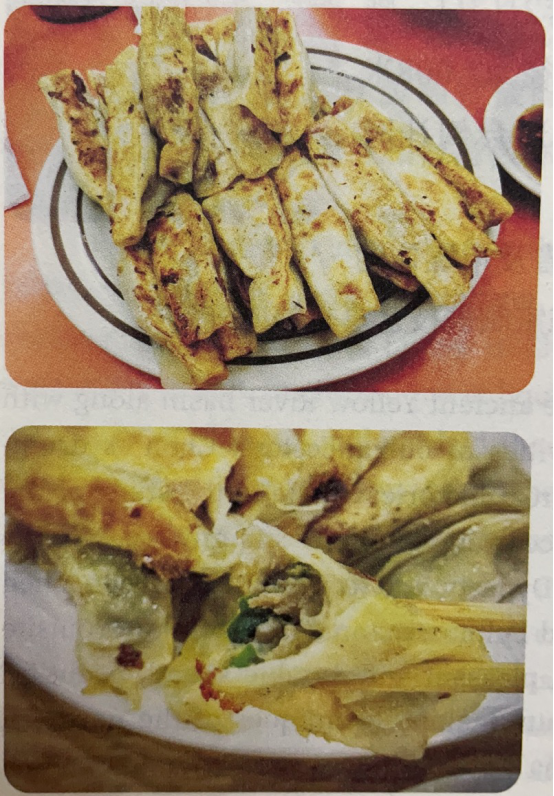申报地区:西工区 2009年06月 第2批
传承人:省级-2010年06月 第2批:刘永康
锅贴在宋时已在以开封为中心的中原地区盛行,随着宋朝政权南移,使这一特色小吃在江浙一带流行,因其风味独特延传至今。“小街”锅贴制作工艺讲究,加工程序规范严谨,从选料配比,制馅和面、包制成形到煎制出锅均有严格的质量标准和技术要求;成品的造型美观、色泽透亮、外焦里嫩、灌汤利口、焦脆软香的显著特点,深受广大顾客欢迎。
洛阳市西工饭庄有限责任公司,是享有盛誉的一家老字号餐饮企业,其前身是1956年从上海内迁来洛的野味香饭店。野味香饭店最初由江苏川沙县顾姓家族创办,解放前在上海经营多年,营业品种长期以野味和小吃为主。到顾鸿生先生接掌时,野味香已发展为二个店铺,锅贴品种小有名气,颇受欢迎。
1956年6月,野味香饭店响应政府号召由上海支援内地建设,迁至洛阳南大街55号,经工商业社会主义改造后,成为公私合营洛阳野味香饭店,首任经理由顾鸿生担任,企业性质为国营。随后几十年间,经过数度移址、更名和企业产权制度改革,昔日的野味香饭店已发展为今天的西工饭庄有限责任公司。在公司董事长、法定代表人刘永康先生的带领下,企业规模不断扩大,经营品位和服务质量显著提升。尤其是饭店传承半个多世纪的锅贴品种几经苦心琢磨,反复改进,终于获得市场公众的广泛认同和好评,并于1998年6月成功注册“小街”商标,得到国家商标局的注册承认和法律保护,从而使“小街”牌锅贴成为包含企业文化理念,具有自主知识产权、品牌影响力辐射全省的洛阳著名特色小吃。

Back in the Song Dynasty, pan-fried dumplings were already popular in the Central Plains with Kaifeng as its center. With the southward movement of the Song regime, this local snack of Henan province became popular in Jiangsu and Zhejiang provinces, and has been spread till now due to its unique flavor. Making Xiaojie pan-fried dumplings requires exquisite techniques and strict processing procedures. Strict quality standards and technical requirements are set to monitor material selection and proportioning, stuffing and dough making, folding, frying and serving. The finished product, with attractive appearance, tastes tender inside and crisp outside, which is well received by customers and became a must-try for visitors to Luoyang. Xiaojie thus gradually became a well-known brand in Luoyang.
